A propos of the Polish reception of medieval bicycle we had a talk with Julia – over the Equator, from our early summer to their late autumn – about which people are regarded as the etalon of stupidity in the jokes of various people. For the Americans reputedly the Poles are that. For the Spanish, the Gallegos, that is the inhabitants of the traditionally rather poor Galicia at the Atlantic coast. For the Argentinians also the Gallegos, but they comprehend in this name all the inhabitants of the Spanish peninsula. A search for “chiste gallego” will result in thousands of hits on the net.
– Hey, Manolo – the Gallego says – pass me some shampoo.
– Why, there is a completely new one in the bathroom.
– Yes, but it says “for dry hair,” and I have already made mine wet.
And at us? It sounds strange, but it seems that Hungarians do not have a people for this purpose. We find our fools in the policemen, like Italians do. In my childhood there were some anecdotes about the people of “Rátót”, an imaginary village where everyone is dull, but these have disappeared by now. There are quite a number of popular jokes about the Székely, the archaic Hungarian inhabitants of the Transylvanian Carpathians, but in these a Svejkian slyness and resigned self-irony is always hidden behind the virtual stupidity.
 But the country where there are plenty of nationalities for every type of joke is Russia. The rich men in the jokes have been traditionally Georgians – although their role has been recently taken over by the novye russkie, the nouveau riches of Russia –, the cunning ones are Jews, the even more cunning ones Armenians, those pedantic down to stupidity Estonians, while the simply dull ones, the protagonists of most Russian aniekdoty and the most welcome virtual guests of Russian dinner tables – the Chukch from Northern Siberia. God knows why.
But the country where there are plenty of nationalities for every type of joke is Russia. The rich men in the jokes have been traditionally Georgians – although their role has been recently taken over by the novye russkie, the nouveau riches of Russia –, the cunning ones are Jews, the even more cunning ones Armenians, those pedantic down to stupidity Estonians, while the simply dull ones, the protagonists of most Russian aniekdoty and the most welcome virtual guests of Russian dinner tables – the Chukch from Northern Siberia. God knows why.This Chuckch receives a flat on the tenth floor of the skyscraper. “How is it?” they ask of him. “Well, my feet have pain of constantly going up and down the scales.” “Why, is there no lift?” “Yes, but the inscription says: for four persons, and it always takes an extremely long time to wait for three more people.”
Among the many stories, cartoons and animated films dedicated to the Chukch I like the most the series Chuk and Mac of the talented young graphic artist Andrei Kuznecov. The title is a deliberate pun on Gajdar’s famous pioneer novel Chuk and Gek from the 40s, and the series reveals how the Chukch copes with the challenges of the digital age. Of course the pictures parody rather the world of informatics than the Chukch themselves, and they do it with a characteristically mordant Russian irony. The series, launched in 2005, can be found in various points of the Russian web, but its most authentic source is probably the community site Ieroglif where the pictures are uploaded by the artist himself and where he also replies to the questions of his fans.
“More, more, elge! Tyungy MacBook Air berelcha!”
The inscriptions in the images are quite embarrassing at first sight. They sound as if they had been written in the Paleosiberan language of the Chukch, although to some users they sound rather like Tatar. In any case it is not understandable to the readers. And probably this is the purpose. “Could we please get to know what the figures say?” someone has asked in a comment to the first images. “I think it is completely clear”, the master replies. “I always spread some few key words in them.” These few Russian key words, often in a distorted form, and the caption of the picture are to provide us the key to the story.
“Hehe! Chukch himself pylge webdesign!” The inscriptions of the verbally monumental “webpage” are: Site; Who I am; Where I am; Photos. The frequent Russian figure of Chuckh jokes, the geologist who is often “overshadowed” by the simple tools of the Chukch, is substituted here with a professional web designer.
However, the satisfaction of the Chukch is short-lived. The hacker has verbally broken the webpage. To the question “Who I am” he replied: “a dupe”.
The pseudo-Chukch mumbo jumbo of Kuznecov has already spread all over the Russian net and has become an integral part of Russian net jargon. And on the basis of their present use even the original inscriptions can be interpreted unambigously: “Vindy yokkhere! Chokcha kulge tyr Linukh!” “Windows is over! Cool Chukch uses Linux!” More pedant readers, however, have criticized the occurrence of the penguin in the Arctic zone, and they have pointed out that if the Chukch installs the program in the monitor itself then this is an iMac on which no Linux can be installed. But let this also put down to the account of Chukchness.
“Do magic! Do magic strong! Okhne internet elge syktym!” Someone has even noted: “how does such a completely meaningless word like internet come into such a clearly understandable phrase like okhne elge syktym?” Since then the idiom “elge syktym” has also become a standard phrase in Russian net jargon, meaning something like “it is ready at once”.
The African phrase is also a mumbo jumbo, of course. In the Chukch’s phrase one can distinguish the word “spam” and “syktym” that we already know from the previous picture.
“Undoubtedly with the most realistic sound”, commentators write.
“Has it eaten him?” several people ask in a shock. “No”, geeks answer. “He has just changed skin.”
As a cuckoo’s egg, the series also has some pictures illustrating the adaptation of the Chukch to the old world instead of the new. “And the factories! The factories are also yours!” The readers have raised objection that this picture, as a unique exception, has no Chukch word, but many have approved it by saying that a revolution can be done only in Russian.
The figures created by Kuznecov have been taken over by others as well. Here below we see one on the label of the Ukrainian fish conserve “Chukch fisherman”.
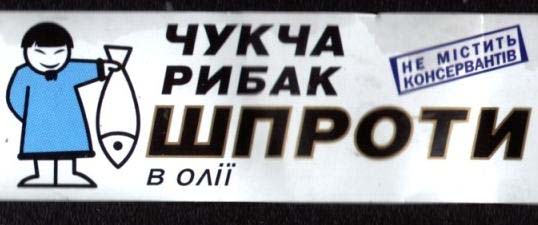
Also the animated cartoon of the series “Lullabies of the world” dedicated to the Chukch has adopted similar figures:
But Kuznecov himself has also made several popular animated films in recent years, among others on the Chukch. In this one, “The cheating crow”, the story is told in Russian, but you can perfectly understood it without the knowledge of the language.
Even more beautiful is this other film of him, put in an African setting, “How the snake was cheated”, in which not a single word is said. Watch out the music as well!
On other works of Kuznecov, his Cheburashka parodies, modern lubok’s and mosquito series I will write later.
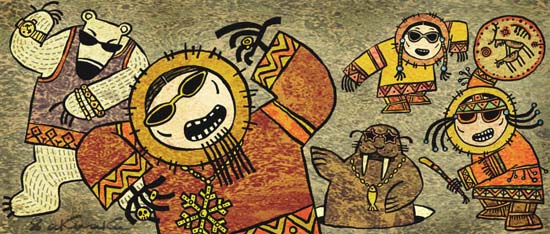
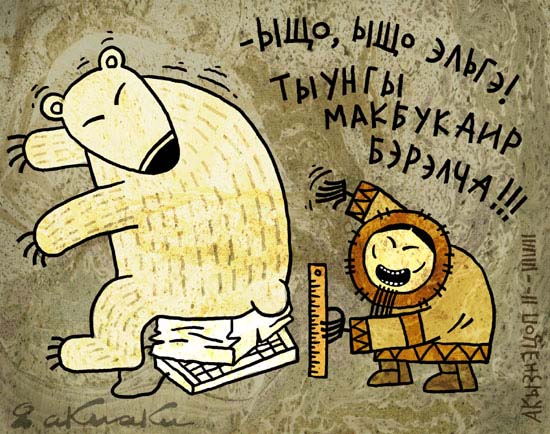
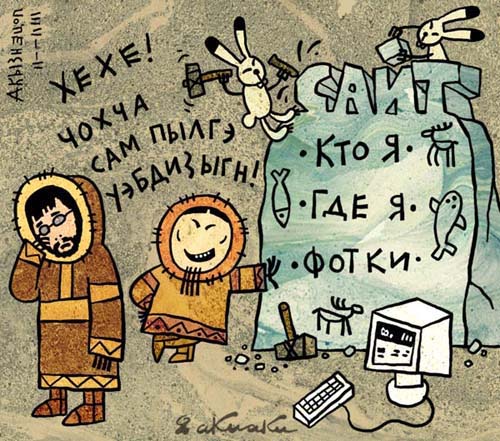
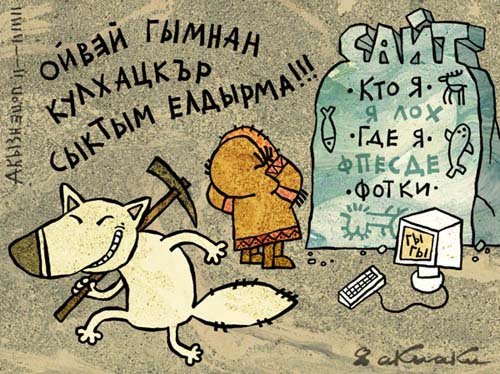
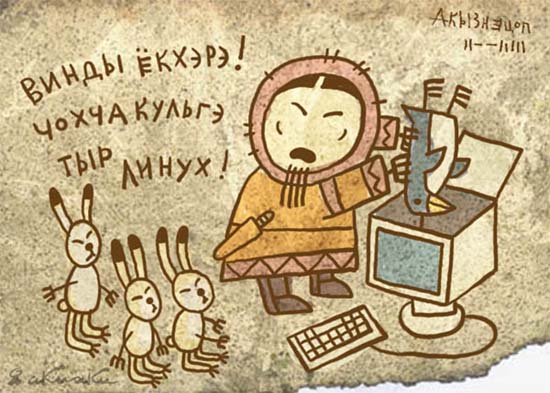
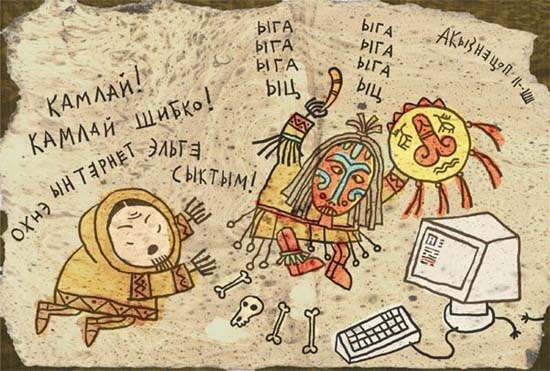
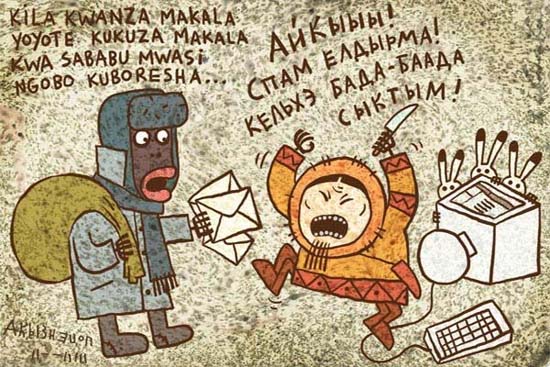
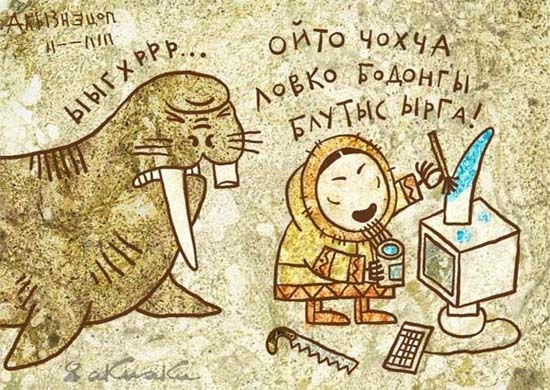
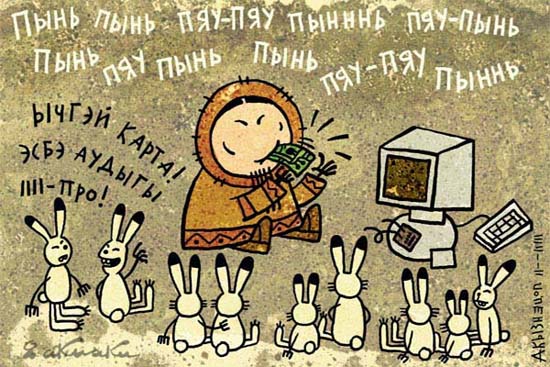
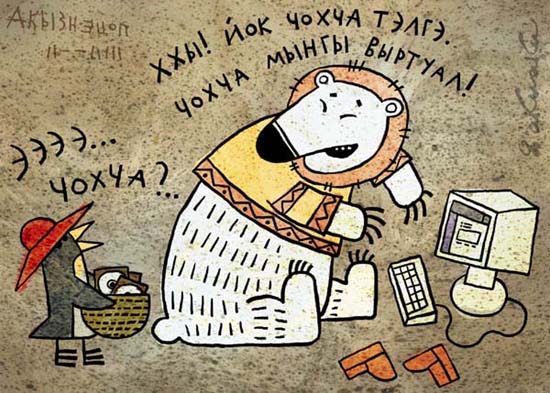

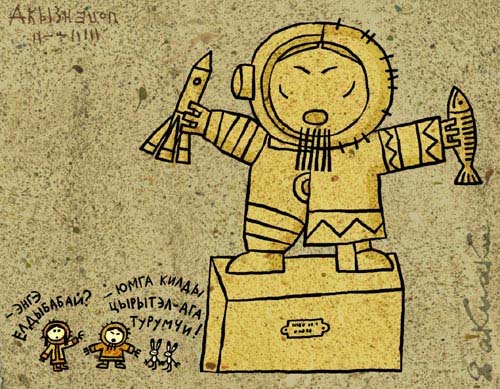
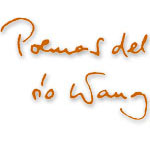




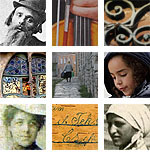
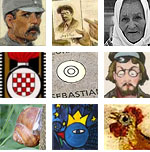
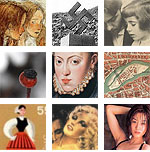
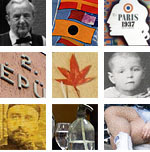


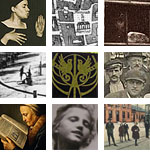
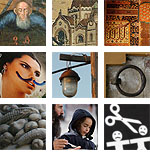
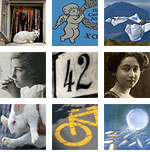
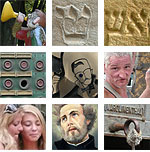
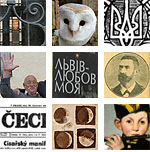

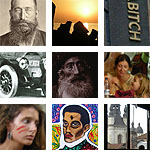
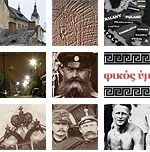
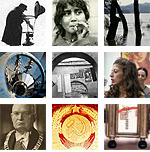
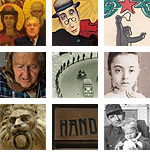
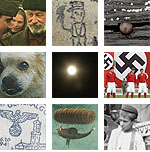
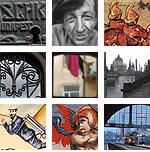
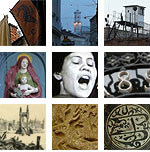

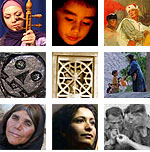
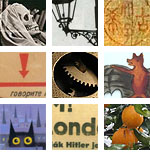
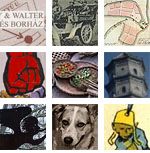
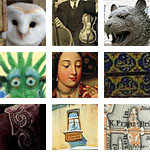
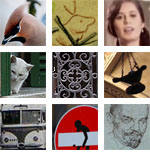
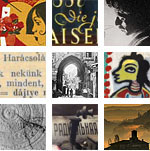
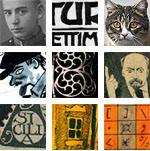
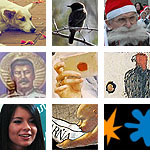
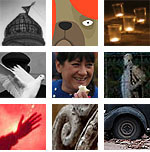
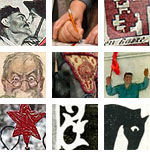
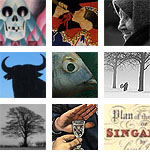

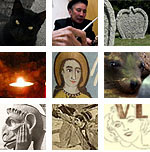

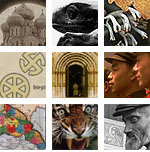
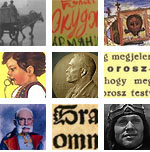
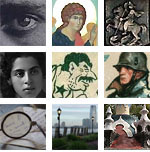

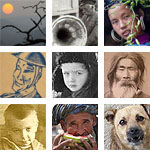
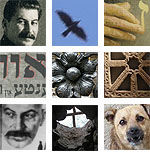
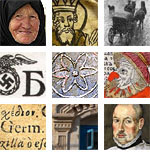
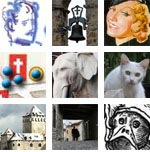
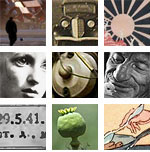
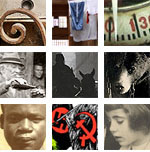
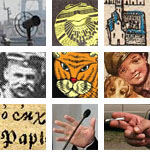
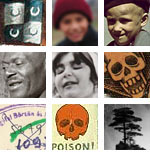
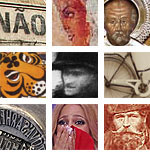
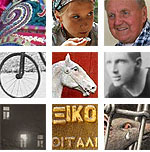
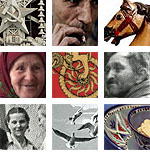
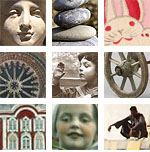


3 comentarios:
wonderful post! I have been enjoying the works by Kuznetsov for some years now. Always a good laugh
It reminded me another cartoon I remember from my childhood: http://www.youtube.com/watch?v=2xeNjhPLSnc
A wonderful charming story, with these petroglyph-like figures and the old Chukch woman telling story and singing in the background.
Publicar un comentario